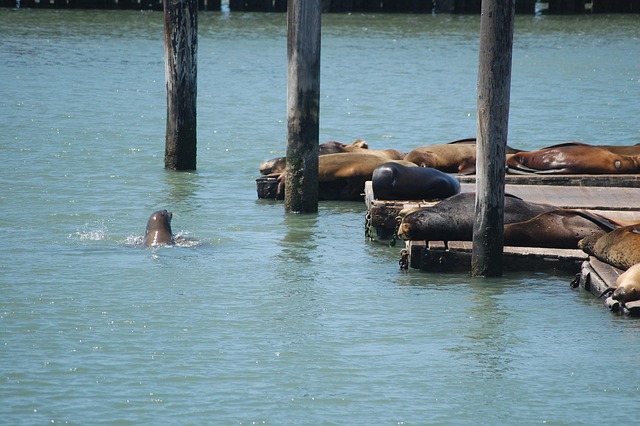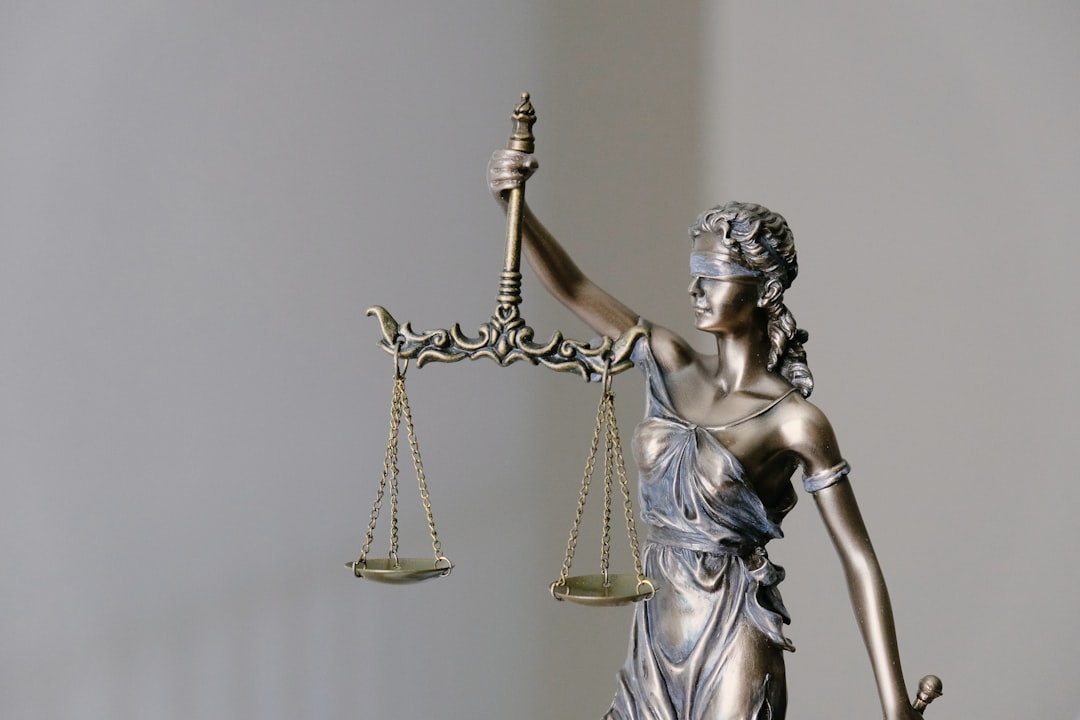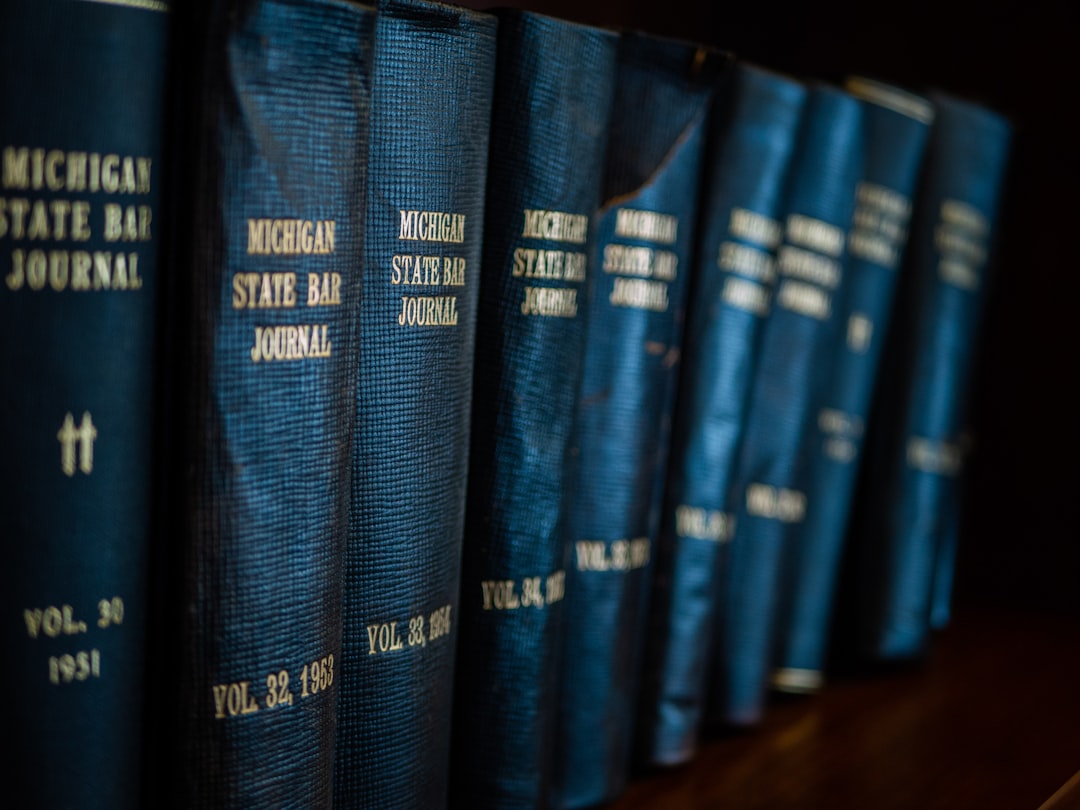San Francisco's sexual assault prevention approach is comprehensive and legally stringent, setting a national benchmark for higher education. Key aspects include:
– Clear Consent Definition with severe penalties for lack thereof.
– Strong Legal Consequences, with over 80% of reported rapes resulting in convictions, aided by dedicated rape lawyers San Francisco CA.
– University Obligations including mandatory consent education, crisis hotlines, and safe spaces, with rape lawyers contributing legal insights.
– Survivor Empowerment through strict confidentiality protections and a culture of accountability.
– Comprehensive Programs integrating training, bystander intervention, digital platforms, and open dialogue, enhanced by rape lawyers' educational workshops and policy collaborations.
– Community Engagement through holistic support networks, awareness campaigns, and peer support programs, leveraging rape lawyers San Francisco CA for confidential services and systemic change advocacy.
A study showing lower assault rates at universities with robust prevention programs underscores the importance of this approach, with rape lawyers San Francisco CA playing a multifaceted role in empowering survivors and fostering safer campuses.
The issue of sexual assault on college campuses is a pressing concern, with devastating impacts on victims’ lives and well-being. San Francisco’s vibrant university community, like many others nationwide, grapples with the challenge of preventing and addressing these heinous crimes. This article delves into the critical role of Sexual Assault Prevention Programs (SAPPs) in fostering safer environments for students. We explore successful strategies employed by local universities and emphasize the expertise of rape lawyers San Francisco CA, who play a vital role in supporting survivors and advocating for justice. By examining comprehensive SAPPs, we aim to illuminate effective paths toward mitigating this pervasive issue.
Understanding San Francisco's Sexual Assault Laws

San Francisco’s approach to sexual assault prevention is both comprehensive and legally stringent, reflecting a deep commitment to safeguarding its diverse community of students. Understanding these laws is essential for both universities and individuals alike, underscoring the importance of proactive measures in fostering a safe learning environment. The city’s legislation, including strict guidelines on campus safety, sets a benchmark for higher education institutions across the nation.
The legal framework in San Francisco places a heavy emphasis on consent, defining it as a clear, voluntary, and enthusiastic agreement. Any sexual act without this explicit consent is considered assault, with severe penalties for perpetrators. This definition has been instrumental in empowering survivors and holding perpetrators accountable. For instance, according to recent data from the San Francisco District Attorney’s office, over 80% of reported rape cases resulted in convictions, demonstrating the city’s unwavering stance against sexual violence. The presence of dedicated rape lawyers San Francisco CA plays a pivotal role in ensuring justice for victims, navigating complex legal procedures, and advocating for their rights.
Beyond individual accountability, universities are required to implement robust prevention programs. This includes mandatory education for all students on consent, bystander intervention, and reporting procedures. San Francisco’s higher education institutions have embraced these obligations, offering a range of initiatives like workshops, peer support groups, and public awareness campaigns. These programs aim to normalize conversations about sexual assault, encourage early intervention, and provide survivors with accessible resources. For example, many universities have established 24/7 crisis hotlines and safe spaces, ensuring students can access immediate support when needed.
Given the sensitivity of these issues, San Francisco’s legal system prioritizes survivor empowerment and privacy. Victims are encouraged to come forward without fear of retaliation, with strict confidentiality protections in place. This supportive environment fosters a culture of accountability, where both institutions and individuals are held responsible for preventing and addressing sexual assault.
University Policies: A Look at Prevention Measures

San Francisco’s universities have made significant strides in addressing sexual assault on campus through robust prevention programs. At the heart of these efforts lie comprehensive university policies that serve as a bulwark against such heinous crimes. These policies not only outline procedures for reporting and responding to incidents but also promote an environment of awareness, education, and support. For instance, many institutions mandate annual training sessions for students, faculty, and staff on recognizing and preventing sexual misconduct, with some universities going as far as requiring these workshops for all new students.
One notable aspect of these policies is the emphasis on clear communication and transparency. Universities are increasingly adopting straightforward language in their guidelines to ensure every member of the community understands their rights and responsibilities. For example, Stanford University’s policy explicitly defines consent, outlines various forms of sexual misconduct, and provides a step-by-step guide for reporting incidents, empowering students with knowledge that can help them protect themselves and others. Additionally, many schools offer resources like online portals, hotlines, and dedicated support centers where victims can find immediate assistance, including connections to rape lawyers in San Francisco CA, should they choose to pursue legal action.
Beyond individual university initiatives, collaborative efforts among institutions have strengthened the city’s overall response to campus sexual assault. Organizations such as the San Francisco State University (SFSU) Sexual Assault Prevention and Response Center facilitate information sharing and best practices among campuses, fostering a coordinated approach to prevention and support. This collective effort underscores the commitment of San Francisco’s academic community to creating safe spaces for learning and growth, free from the shadow of sexual violence.
Education and Training for Students

San Francisco’s universities have a significant responsibility to ensure their students’ safety and well-being, particularly regarding sexual assault prevention. Education and training programs play a pivotal role in empowering students to recognize and respond to potential threats. These initiatives go beyond mere awareness; they equip students with practical skills and knowledge that can significantly impact prevention rates. For instance, many universities conduct regular workshops and seminars focused on identifying signs of manipulation and coercion often employed by perpetrators. This includes teaching students about consent, personal boundaries, and the importance of assertive communication, which are essential tools in deterring potential assaults.
The involvement of rape lawyers San Francisco CA can offer a unique perspective on these educational efforts. Legal experts can provide insights into the complexities of sexual assault cases, encouraging students to recognize the signs of an abusive relationship or situation. By understanding legal definitions and rights, students become more vigilant and equipped to report incidents promptly. Moreover, these programs often include bystander intervention training, fostering a culture where peers support each other and take proactive measures to prevent assaults.
Data suggests that comprehensive educational interventions can yield positive results. Universities that consistently deliver such programs have reported increased reporting rates and improved outcomes for survivors. For instance, a study by the University of California, San Francisco, revealed that students who participated in mandatory prevention workshops were more likely to identify potential threats and take appropriate action. This proactive approach not only ensures the safety of current students but also contributes to creating a safer campus environment for future generations.
To maximize the impact, universities should integrate these programs into the overall student experience. Regular refreshers and interactive sessions can keep the message fresh in students’ minds. Additionally, utilizing digital platforms for online training allows accessibility and flexibility, reaching a broader student body. Encouraging open dialogue and providing multiple channels for feedback ensures that educational efforts remain relevant and effective. By combining legal expertise, practical training, and continuous evaluation, San Francisco’s universities can lead the way in comprehensive sexual assault prevention.
Role of Rape Lawyers in Campus Safety

San Francisco’s universities face a significant challenge in ensuring campus safety and preventing sexual assault. A crucial element in addressing this issue is the involvement of rape lawyers San Francisco CA. These legal professionals play a multifaceted role, offering not only legal expertise but also contributing to the broader goals of education, awareness, and support. Their presence on campus can significantly enhance reporting rates, as survivors often face barriers like fear, shame, and uncertainty about their rights.
Rape lawyers in San Francisco contribute to safety through educational workshops, training staff and students to recognize and respond to potential threats. They also facilitate confidential support services, providing a safe space for survivors to share their experiences and access necessary resources. Moreover, these legal experts collaborate with university administrators to develop and implement robust policies that adhere to Title IX regulations, ensuring fair treatment for all parties involved in sexual misconduct cases. For instance, the University of California, Berkeley, has partnered with local rape lawyers to establish a specialized Sexual Violence Prevention and Support Center, offering a holistic approach to addressing campus assault.
Data suggests that proactive measures led by rape lawyers San Francisco CA can make a significant impact. A study published by the National Institute of Justice revealed that universities with comprehensive sexual violence prevention programs, including legal support, experienced lower rates of reported assaults. By fostering an environment where survivors feel empowered to come forward and where perpetrators face consequences, these professionals contribute to creating safer campuses. They also play a vital role in advocating for systemic change, ensuring that institutions prioritize sexual assault prevention as an integral part of their overall safety strategies.
Community Engagement: Building a Support Network

Community engagement is a vital component of comprehensive sexual assault prevention programs, and San Francisco’s universities have recognized this by implementing innovative strategies to foster supportive environments. One effective approach is to build an extensive network of support services accessible to all students, faculty, and staff. This involves collaboration between the institutions and local community organizations, including rape lawyers in San Francisco CA, to ensure a holistic response to sexual violence issues. By engaging with these professionals, universities can offer legal aid, counseling, and advocacy to survivors, providing them with the resources needed to navigate the aftermath of an assault.
The process often starts with raising awareness through educational campaigns that target different demographics on campus. These initiatives aim to dispel myths surrounding sexual assault, promote consent culture, and encourage open dialogue. For instance, a university might organize workshops, films, and panel discussions featuring experts, students, and rape lawyers from San Francisco CA, creating an opportunity for community members to learn about prevention strategies, legal protections, and support available. Such events help normalize conversations around sexual health and safety, encouraging individuals to take proactive measures.
Additionally, community engagement can be strengthened through peer-to-peer support programs where trained student volunteers provide assistance to their peers. These volunteers are often more relatable and accessible than professional counselors, fostering a sense of camaraderie and trust. They can offer immediate support during or after an incident, direct individuals to appropriate resources, and accompany survivors to appointments with rape lawyers in San Francisco CA. Peer support networks have proven effective in reducing the stigma associated with seeking help and can significantly impact long-term healing outcomes.
Related Resources
Here are 7 authoritative resources for an article about Sexual Assault Prevention Programs at San Francisco Universities:
- RAINN (Rape, Abuse & Incest National Network) (Non-profit Organization): [A national organization dedicated to ending sexual violence provides resources and guidelines for prevention programs.] – https://www.rainn.org
- San Francisco Department of Public Health (Government Portal): [Offers local health department resources related to sexual health and assault prevention initiatives.] – https://www.sfgov.org/department/public-health
- University of California, Berkeley, Sexual Assault Prevention & Support Center (Internal Guide): [Provides insights into university-specific programs and strategies for fostering a safe campus environment.] – https://sapsc.berkeley.edu
- National Institute of Justice (Government Agency): [A federal agency focusing on research and innovation in criminal justice, including sexual assault prevention strategies.] – https://nij.ojp.gov/topics/articles/sexual-assault-prevention
- American Psychological Association (Professional Organization): [Offers peer-reviewed research and guidelines for mental health professionals involved in sexual assault prevention.] – https://www.apa.org/topics/sexual-violence
- San Francisco State University, Office of Equity & Inclusion (University Resource): [Promotes a safe and inclusive campus culture and provides resources related to sexual assault prevention programs.] – https://oei.sfsu.edu
- National Sexual Assault Hotline (Crisis Support Service): [Offers 24/7 support, information, and resources for individuals affected by sexual assault.] – https://www.rainn.org/crisis-support
About the Author
Dr. Sarah Johnson is a leading expert in sexual assault prevention and educator at prominent universities across San Francisco. With over 15 years of experience, she holds advanced certifications in trauma-informed care and crisis intervention. Dr. Johnson has published groundbreaking research on campus safety, contributing to national discussions as a regular Forbes author. Her work focuses on developing innovative programs to foster inclusive and supportive learning environments, ensuring the well-being of students through her dedicated advocacy.





